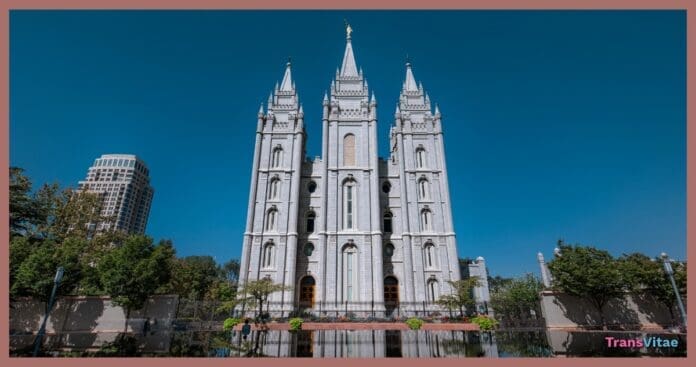The intersection of religious freedom and transgender rights is again before the courts, with two separate cases drawing national attention. The Church of Jesus Christ of Latter-day Saints has filed a brief with the U.S. Supreme Court opposing stronger legal protections for transgender people, while Liberty University is appealing a case involving the firing of a transgender employee.
LDS Church Files Supreme Court Brief
In a recently filed amicus brief, the LDS Church joined other religious organizations in urging the U.S. Supreme Court not to classify transgender status as a “quasi-suspect class” under the Equal Protection Clause. If the Court were to recognize such protections, laws and policies impacting transgender individuals would face heightened scrutiny.
The LDS Church and its allies argue that granting these protections could force religious institutions into legal conflicts, particularly around hiring practices and doctrinal policies. The brief contends that recognizing transgender identity in this way could weaken existing religious freedom protections.
Supporters of stronger legal recognition for transgender individuals argue that the move is necessary to ensure equal access to jobs, housing, and public life without fear of discrimination. They say that denying such protections leaves transgender people especially vulnerable in areas where state laws do not provide coverage.
RELATED: Religious Freedom and Transgender Rights at a Crossroads
Liberty University Defends Firing of Transgender Employee
Separately, Liberty University is asking a federal appeals court to uphold its decision to dismiss Ellenor Zinski, a former employee who disclosed her transgender identity and requested to be recognized by her chosen name. The university maintains that as a religious employer, it is protected under Title VII of the Civil Rights Act to make employment decisions consistent with its doctrinal statement.
Zinski has challenged the dismissal, with the case supported by the American Civil Liberties Union. The ACLU argues that the firing constitutes sex discrimination, which is prohibited under federal law. The organization has stated that religious belief cannot override protections granted to employees under civil rights law.
The Fourth Circuit Court of Appeals is now considering Liberty University’s arguments. Legal experts note that the case could eventually advance to the Supreme Court, where it would join a growing list of disputes testing the balance between religious exemptions and protections for LGBTQ+ individuals.
The Bottom Line
Both cases highlight ongoing legal uncertainty around the scope of protections for transgender people and the extent of religious freedom exemptions. Advocates for transgender rights say these disputes underscore the need for clear federal protections, while religious groups emphasize their constitutional right to operate in alignment with their beliefs.
The outcomes of these cases could shape how federal courts address conflicts between civil rights law and religious freedom for years to come, directly affecting transgender employees and the institutions that employ them.


